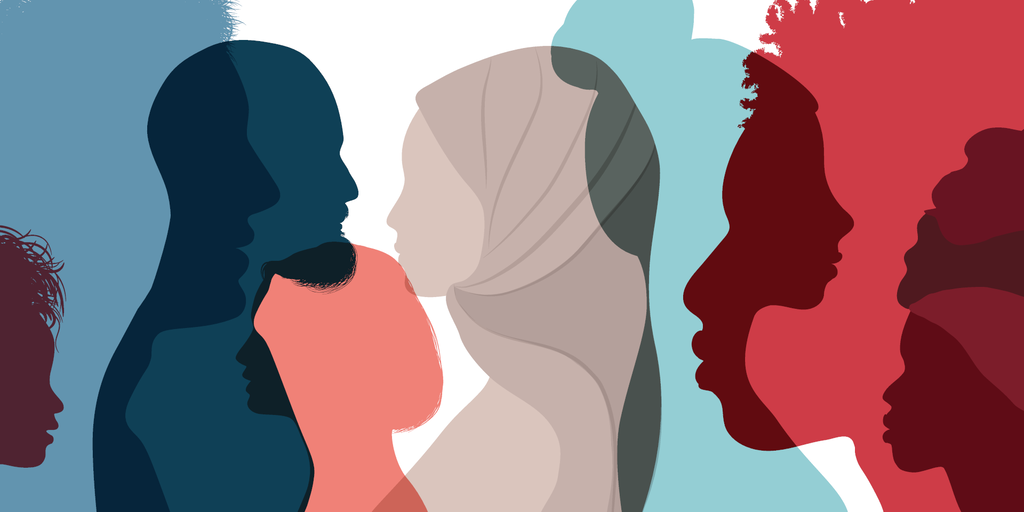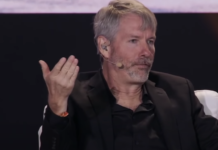About the Author
Jordan Bayne is an award-winning filmmaker, thought leader, and founder of The Squad, a Web3-native studio and the originators of the Film3 movement. She also hosts the “Film3 OG and the Next Wave of Cinema” podcast.
“Images are so powerful. It shifts and shapes culture, shapes the way we think about ourselves. That’s why having different kinds of people creating these images is imperative.” – Ava DuVernay
Much has been said about Film3, especially from a financing, marketing, and distribution point of view. And while it is true that Film3 is the innovation that traditional Hollywood needs, I believe there is another, far more profound impact that Film3 has on the world: representation.
Film3, at its core, is a visionary movement that champions self-sovereignty, creator-led communities as studios, intellectual property ownership, and direct-to-consumer/community distribution. This transformative approach creates lasting change, putting the creator first and centering on equity, fair compensation, and sustainability.
While decentralized technologies (like NFTs) are a part of Film3 at a functional level, it is the ideals that drive this movement.
Film3 empowers filmmakers and content creators to reclaim control of their work, freeing them from the constraints of traditional studio models. It thrives on the belief that the future of filmmaking lies in the hands of creators, supported by engaged communities, and united by a shared commitment to storytelling that is authentic, inclusive, and truly transformative. It’s a bold shift towards a more equitable, innovative, and artist-centric landscape in the world of cinema.
The film and television industry is a powerful platform for storytelling and cultural expression. Filmmaker Ava DuVernay’s words resonate deeply, encapsulating the power of representation in shaping not only culture but also our perceptions of ourselves and others. In a world where images hold the sway to influence our beliefs and understanding, the significance of diverse voices and perspectives in creating these images cannot be overstated.
When individuals see themselves and their cultures reflected in film, it validates their identities and experiences, providing a profound sense of being seen and understood. This validation is especially vital for those who have historically lacked representation in other areas of society.
From the earliest days of human civilization, storytelling has been an essential part of our cultural tapestry. Stories educate, entertain, and preserve the heritage of societies. They provide a lens through which we make sense of the world, pass on values to future generations, and connect with one another on a profound level. Thus, the stories we tell and the images we project have a powerful impact on how different groups are perceived and treated.
Historically, traditional narratives and cultural representations have been dominated by a narrow range of voices and perspectives. Representation in storytelling is not merely about ensuring diversity on the screen; it is about challenging harmful stereotypes and promoting a more reflective understanding of the rich mosaic of human experiences.
This power to shape culture and influence perceptions is why having different kinds of people creating these images and telling stories of their own authentic cultural traditions is imperative. When marginalized and underrepresented groups are consistently portrayed in a negative or stereotypical way, it reinforces biases and justifies discrimination.
Conversely, when storytelling offers accurate and positive representations, it can challenge and dispel these harmful stereotypes, providing role models and heroes for those who have not seen themselves reflected positively before.
“Brokeback Mountain” gave us a glimpse of the humanity of gay cowboys, for example, while “The Woman King” set a precedent, giving us predominantly dark-skinned Black women and being directed by a Black woman, Gina Prince-Bythewood. And television’s Latino reboot of “One Day at a Time” vividly portrayed Latino families with accuracy. Representation matters.
Film3 recognizes that the power of storytelling extends far beyond entertainment. It recognizes the profound importance of representation in storytelling and its potential to reshape our understanding of one another across races, religions, and cultures.
Storytelling is a fundamental means through which we connect with each other on a deeper level, fostering empathy, understanding, and a sense of community. Stories let us know we belong. Film3 empowers creators and audiences alike, reshaping the cinematic landscape by allowing creators to take control of their narratives, share their unique perspectives and lived cultural experiences, and provide profound witness to life to underserved communities.
It is here that the global impact of Film3 becomes evident. As diverse voices are celebrated rather than marginalized, authenticity flourishes—and harmful stereotypes begin to crumble. Film3 is not just changing the narrative of filmmaking; it is altering the course of our shared human experience, promoting cross-cultural understanding, which in the end has transformative power to change the world.
To quote the author Aisha Thomas, “Until society represents everyone, the questions will always be: ‘Where do I belong?’ [and] ‘Do I belong?’”
Film3 stands as a beacon of hope and empowerment, ushering in a new era where diverse voices and perspectives lead the way, ultimately fostering a more equitable and empathetic world. DuVernay’s words echo through its transformative potential, where different kinds of people come together to create images that inspire change and reshape our shared human narrative.








